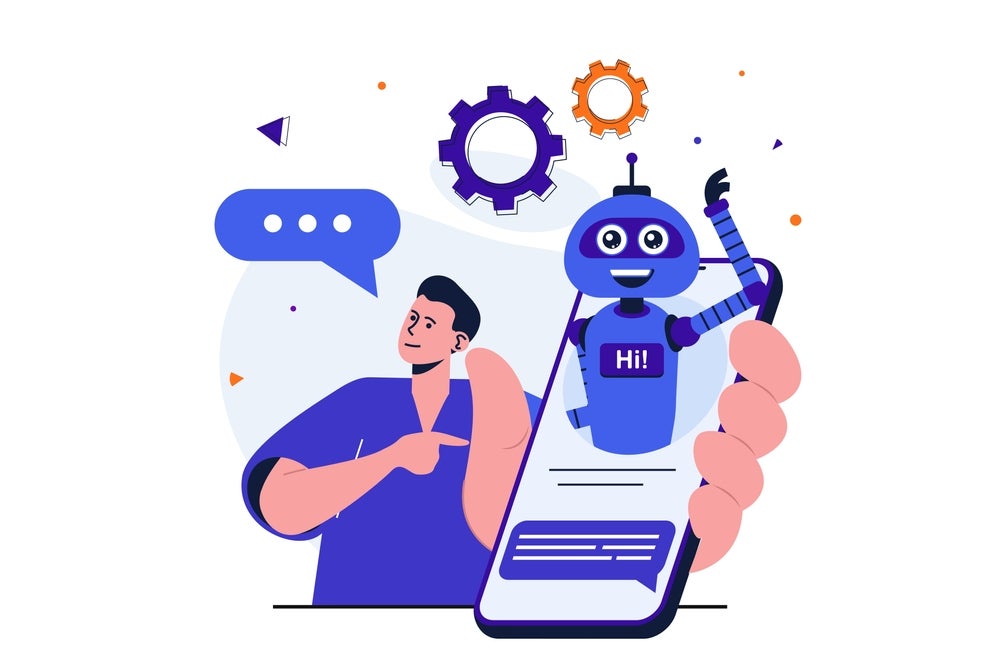While artificial intelligence (AI) is becoming more common, there is much hype associated with its potential. AI will eventually improve the customer experience; however, at present, it may create more problems than it solves.
Here are three ways AI is already helping business with customer service.
1. Automated intelligence
AI can automate customer service and is not constrained by time zones or public holidays.
Consequently, companies can offer the ability to deliver customer service around the clock to deal with basic issues as they arise.
This can greatly influence customer satisfaction and demonstrate that an organisation is committed to supporting customers.
AI-powered assistants can help customers get answers to simple questions easier and faster (operating hours, branch locations, logging customer issues and problems); however, trying to mimic a human can be a dangerous strategy, especially if a customer gets annoyed and cannot be transferred to a live agent.
2. Augmented intelligence
AI is likely to leave businesses disappointed if they are looking for technology to provide answers to complex customer queries.
AI can, however, power chatbots for lower-level tasks, such as resetting passwords, changing a phone number on file, or getting an answer to a frequently asked question.
Consequently, this allows customer service staff to be freed up for more complex requests.
Well-constructed systems provide a seamless connection between chatbots and staff and recognises when a customer is struggling to understand an AI’s answer, AI can then transfer the customer to a human automatically to deal with more difficult issues.
3. Anticipatory intelligence
Many businesses employ staff to monitor social media, email and websites to see what people are saying, how they’re saying it, and their intent.
AI-embedded solutions can monitor feeds to analyse customer sentiment, identify customers experiencing issues and what those issues may be.
Sentiment analysis is primarily used for brand monitoring, market research and customer service today; however, humans express opinions in complex ways, and comments laced with sarcasm and irony can mislead AI.
This can result in irate customers that have previously expressed their cynical opinions going off on social media tirades.
In the not-too-distant future, organisations are likely to use sentiment analysis to automatically sort queries into ‘urgent’ or ‘not urgent’ categories and prioritise customers with the most critical needs first.
Meanwhile…
We are at a new digital frontier and the likes of Amazon, Apple, IBM, Google and Microsoft are investing billions of dollars in AI research; however, despite Alexa, Cortana and Siri-like intelligence, we are still very much at the experimental phase.
Despite the AI hype, companies can still prepare for its inevitable impact by building a solid platform for easier implementation.
Consolidating data from different systems, locations and technologies allows businesses to create data sets to train AI and is the first step toward AI-powered customer service and, by not being too overly ambitious, organisations can leverage AI to augment and add value to customer service departments today.







